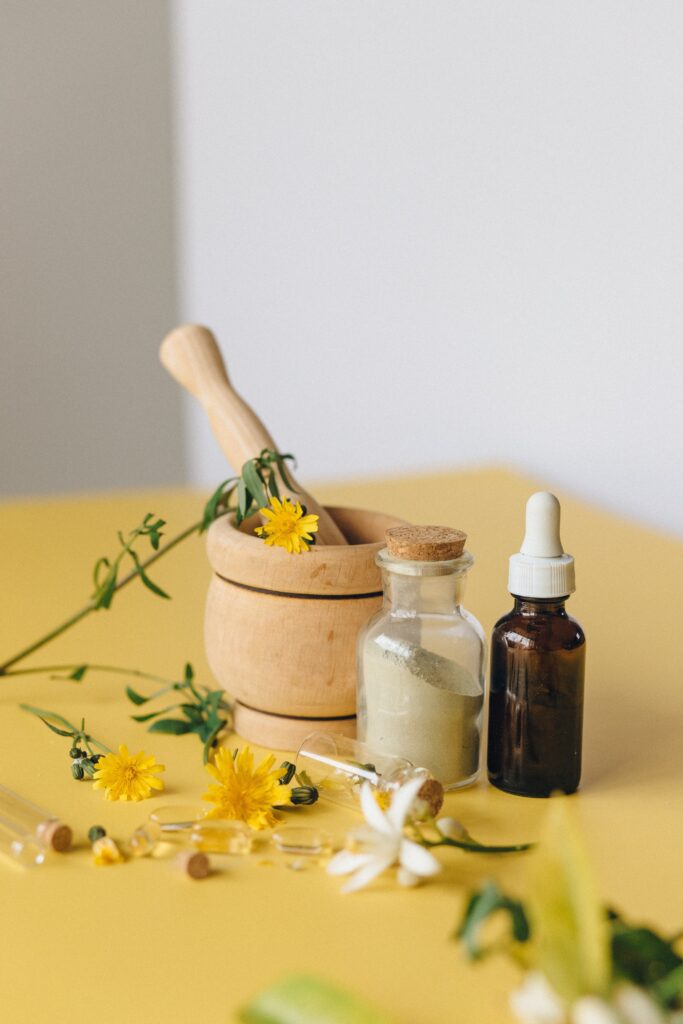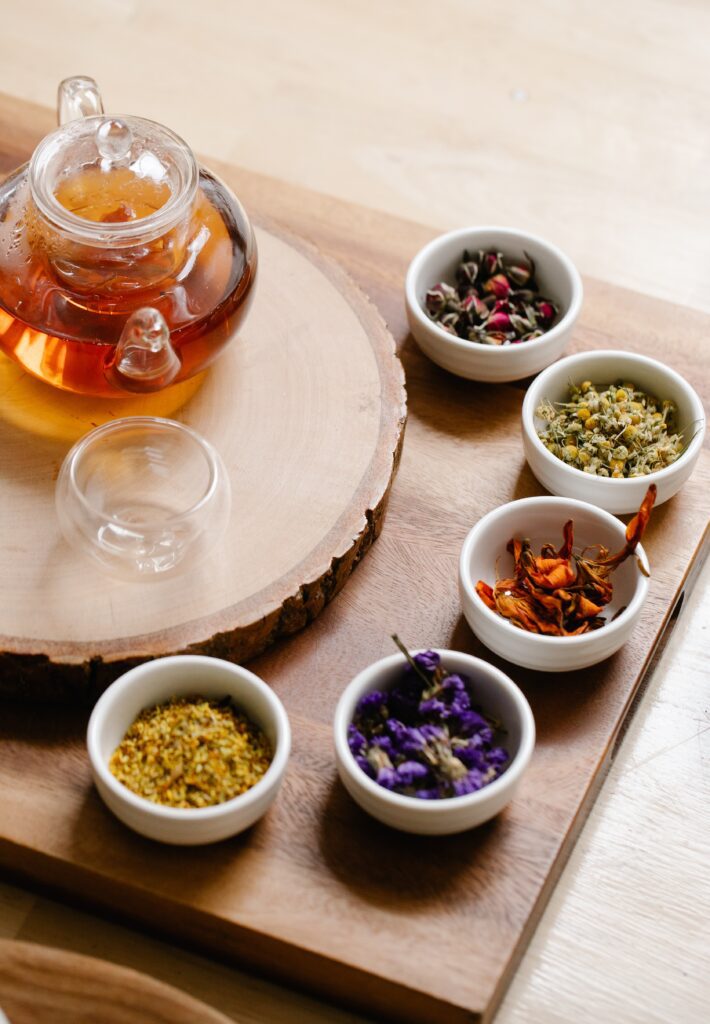If you’re not familiar with the term “Ayurveda,” you might be wondering what it is and where it came from. Ayurveda is a system of medicine that originated in India over 3,000 years ago. The word “ayurveda” comes from the Sanskrit words “ayus” and “veda,” which mean “life” and “knowledge,” respectively.
Ayurveda is based on the belief that good health depends on a balance between mind, body, and spirit. It promotes the use of herbal remedies, acupuncture, and massage to treat illness and prevent disease. While it’s been around for centuries, ayurveda is still widely practiced today. Let’s take a closer look at its history and how it’s used today.

Table of Contents
The Early History Of Ayurveda
Ayurveda is one of the oldest systems of medicine in the world. Its origins can be traced back to the Vedic period in India, which lasted from approximately 2,500 BC to 500 BC. The earliest ayurvedic text is thought to be the Charaka Samhita, which was written between 600 BC and 300 BC. This text contains information on diet, hygiene, surgery, and medications.
During the Vedic period, ayurveda was practiced by a caste of priests known as brahmins. However, over time it began to spread to other castes as well. In fact, by the time of the Buddha (c. 563-483 BC), ayurvedic practitioners were known as vaidyas. These practitioners would travel from village to village treating patients with their knowledge of medicinal plants and minerals.






The Rise Of Modern Ayurveda
Modern ayurveda began to take shape in the early 1800s under British rule in India. Western medical practices were introduced during this time, and they began to influence ayurvedic treatments. For example, ayurvedic practitioners started using steel instruments for surgery instead of bronze instruments. They also began using medications made from chemicals instead of plant-based remedies.
In 1920, the Indian government established a committee to revive interest in ayurveda. As part of this effort, they opened several schools to train new practitioners. In 1963, the Union Ministry of Health in India recognized ayurveda as a system of medicine. Since then, there has been a renewed interest in traditional ayurvedic practices and remedies both in India and around the world.
How Ayurveda Is Used Today
While modern medicine has evolved significantly since the days of ancient Greece and Rome, some aspects of these early systems of medicine are still used today—including ayurveda! In fact, ayurvedic principles are gaining popularity in the West as more people are looking for alternative methods of treatment. Here are some common uses for ayurveda today:
Aiding digestion: One area where ayurvedic principles are commonly used is in aiding digestion. Herbal teas like chamomile or ginger tea can help settle an upset stomach or relieve gas and bloating after a meal. Spices like turmeric or cumin can also be added to food to aid digestion and promote healthy gut bacteria.
Reducing stress: Another common use for ayurveda is reducing stress levels. This can be done through practices like yoga or meditation as well as by using essential oils like lavender oil or chamomile oil. Herbal supplements like adaptogens can also help reduce stress by helping your body adapt better to stressful situations .




Ayurvedic Treatments We Love
- Herbal medicine, including combining herbs with metals, minerals or gems (known as rasha shastra medicines)
- Acupuncture
- Massage
- Panchakarma
- Sound therapy – with the use of mantras – watch my sound therapy session below – I had a Western sound therapy session and did not use mantras
In Closing
As you can see, ayurveda is a system of medicine with a long history dating back thousands of years ago. It’s based on the belief that good health requires a balance between mind ,body ,and spirit .And while it has undergone some changes over time ,it’s still widely practiced today all over the world .Have you ever tried any ayuredaic practices ?Let us know down in comment section below !
While these are not Ayurveda so to speak check out the 5 Alternative Wellness Treatments We Love.

Comments +
What Is Ayurveda | A Brief History
Health & Wellness